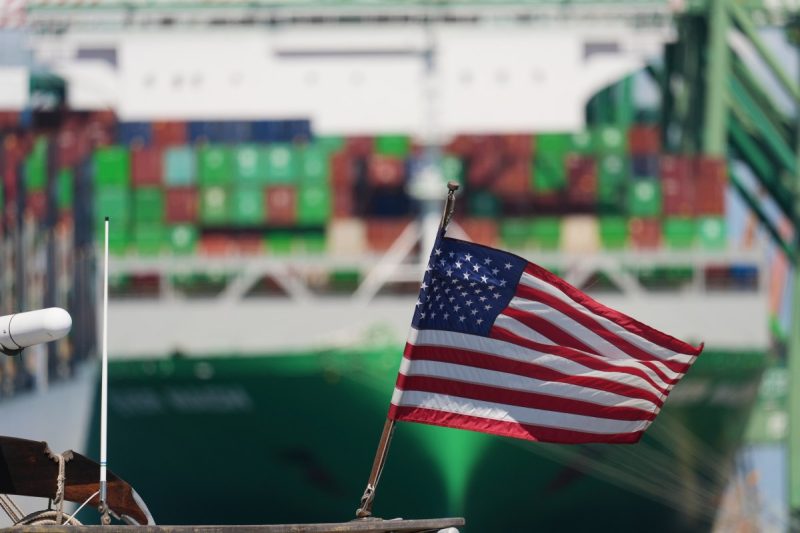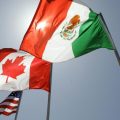
The ripple effects of President Donald Trump’s announced tariffs are causing significant uncertainty across Latin America. A recent Citi Research report highlights the vulnerability of the region, with Mexico identified as the most at-risk nation due to its extensive trade relationship with the United States and the numerous issues, including migration and drug trafficking, that fall under the purview of Trump’s concerns.
Ernesto Revilla, Citi Research’s chief economist for Latin America, emphasized the widespread vulnerability within the region. While tariffs on Mexico and Canada remain temporarily suspended, Mexico’s significant trade surplus with the US makes it particularly susceptible to potential economic repercussions. Revilla noted that few other Latin American countries face a similar level of commercial vulnerability due to their unfavorable trade balances with the United States.
The report assigns vulnerability scores to various Latin American nations. Mexico leads with a score of 9.2 out of 10, followed by Brazil (7.5), Honduras and Colombia (7), and other countries with lower scores. The vulnerability of Brazil is attributed to its high trade tariffs and perceived less-than-friendly relationship with the Trump administration.
In response to the 10% tariff imposed on Brazilian imports, Brazil’s Congress has swiftly passed a “reciprocity law,” granting the executive branch authority to implement countermeasures against trade barriers. This move, supported unanimously by both houses of Congress, is presented not as retaliation, but as a negotiating tool. Deputy Lindbergh Farias, head of the ruling party in the lower house, emphasized that the law provides Brazil with options to respond to any unilateral actions by the US that negatively impact Brazilian competitiveness.
The uncertainty surrounding the impact of these tariffs casts a long shadow over Latin American economies. The full extent of the consequences remains to be seen, but the potential for disruptions to trade and economic growth is undeniable. The situation underscores the complex and interconnected nature of global trade and the significant influence a single nation’s policies can have on the economic well-being of others.










